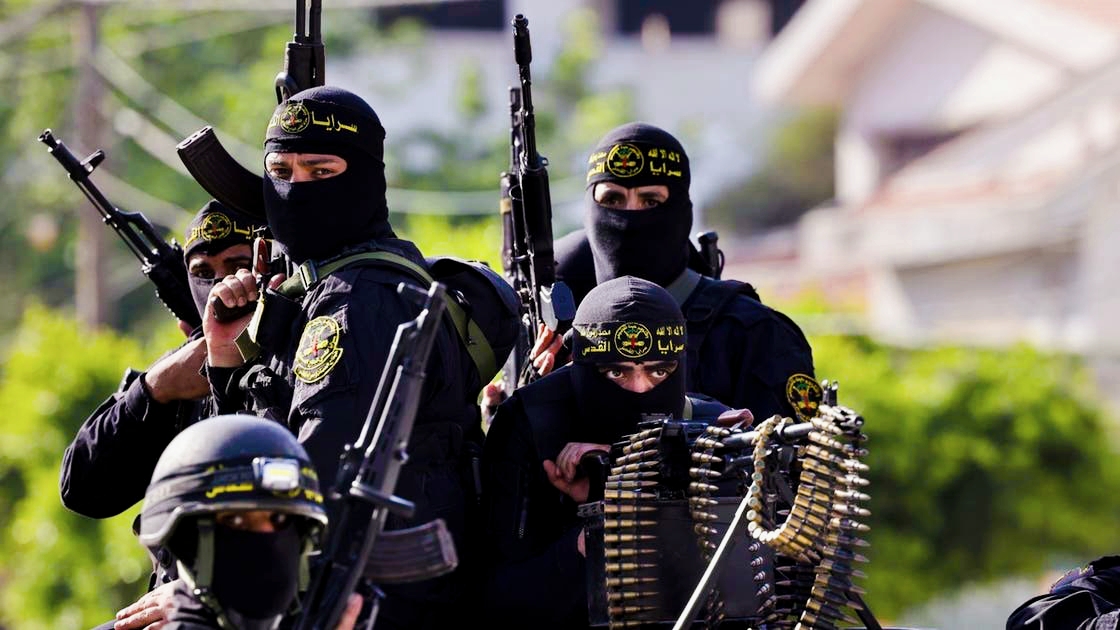Israel Assassinated the Leader of the Al-Quds Brigades in Gaza Despite Ceasefire

In a new violation of the ceasefire agreement mediated by U.S. President Donald Trump, the Israeli army announced this evening, Saturday, that it carried out a precise airstrike on a target in the Nuseirat area in central Gaza Strip, targeting an activist in the Islamic Jihad movement who was said to be planning to carry out an imminent attack against its forces.
Sources confirmed that the Israeli strike resulted in the assassination of the commander of the Central Brigade of the Al-Quds Brigades _the military wing of the Islamic Jihad movement_ named Abu al-Qasim Abdul Wahid.
This targeting is considered the most significant since the ceasefire agreement came into effect at the beginning of this month.
This development came hours after a statement issued by Hamas spokesperson Hazem Qassem, in which he accused Israel of committing clear violations of the ceasefire terms, confirming that these violations include daily killings, ongoing siege, restrictions on the entry of humanitarian aid, in addition to the closure of the Rafah crossing.
Qassem pointed out that Israeli forces continue to carry out destruction and demolition operations in homes and residential neighborhoods, especially in the eastern Gaza Strip, considering what is happening a blatant violation of the ceasefire agreement, and calling on regional and international mediators to pressure Israel to stop these violations immediately.
In a related context, an Israeli source revealed that the United States is currently managing the Gaza file directly, indicating that Israeli Prime Minister Benjamin Netanyahu has become constrained by U.S. movements within what is called the "Gaza Plan" proposed by Trump.
The first phase of the Gaza Plan came into effect on October 10, but it remains fragile according to observers, following a series of field breaches witnessed in recent days.
According to sources, the U.S. administration is now pushing to move into the second phase of the plan, which focuses on the reconstruction of the sector and deploying Arab and Islamic international forces to secure the field conditions, paving the way for restructuring Palestinian institutions and forming a Palestinian technocratic government under the supervision of an international body.
These developments come at a time when a specialized Egyptian team has entered Gaza to participate in the operations of retrieving the bodies of hostages who fell during the recent confrontations, indicating an increase in the humanitarian and political roles of Cairo in managing the crisis.
While the region awaits what the next phase of Trump's plan will lead to, the situation in Gaza remains tense, amid warnings that any new escalation could lead to a complete collapse of the fragile ceasefire agreement that has only lasted a few weeks.